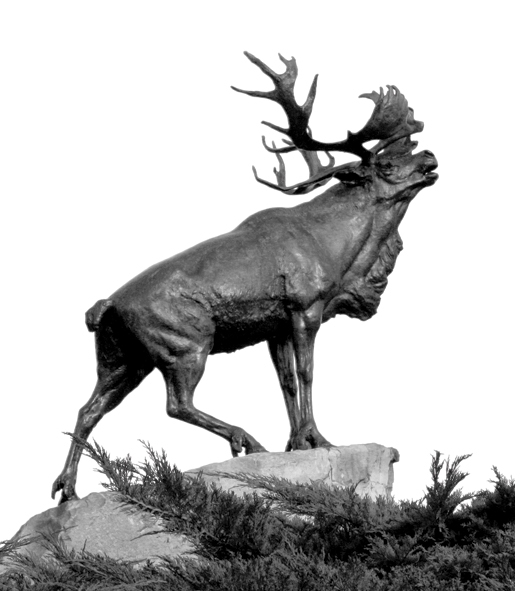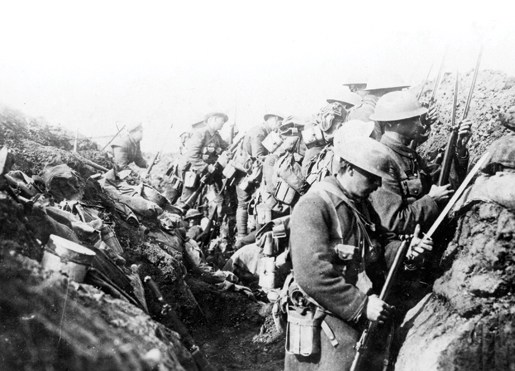
The Beaumont Hamel (Newfoundland) Memorial. [PHOTO: SHARON ADAMS]
July 1, 1916, was the day the men of the Newfoundland Regiment advanced into a blizzard of machine-gun bullets as they tried to cross no man’s land and overrun German trenches at Beaumont Hamel.
The regiment, its troops already bruised, battered and butchered at Gallipoli, was called to France to fight a battle British commanders hoped would cut the war short. They threw hundreds of thousands of men at German lines, hoping for a breakthrough. Instead, some 57,000 Commonwealth troops became casualties, the British Army’s highest losses on a single day.
Survivor Howard Morry’s experiences that day are captured in Christopher J.A. Morry’s When the Great Red Dawn is Shining
“On the 29th and 30th (of June) we knew we were for it, so we all wrote letters home and left messages if we should be killed.”
The 7 a.m. advance was postponed two hours. As the officers counted down the minutes “Each minute seemed an eternity,” Morry wrote. “By and by the officers said, ‘This is it, boys, over we go,’ The very minute they went over the top, all hell broke loose. The Germans surely were ready and waiting.” Most of the Newfoundlanders became casualties before reaching their own front line.
“You could see nothing but dust and flame.” In less than an hour “the officers knew that the advance was a failure and that our regiment was wiped out.
“The front line was like a butcher shop in hell, with our wounded dragging themselves in and falling down in the trench.” And after the advance, the Germans continued peppering the wounded. Shiny tin triangles on their backs, meant to aid aircraft and artillery observers, instead marked the men as targets. “All day long we were watching through glasses and any of our chaps moved…the Germans would shoot them.”

Canadian infantry fix bayonets prior to going “over the top.” [PHOTO: CANADIAN WAR MUSEUM—19920044-775]
Rescuers manoeuvred through no man’s land, freezing in the light of bursting shells. “If you moved at all, you’d be spotted. I never thought the human mind could stand so much.” Afterwards, “we began to bring in the dead,” 89 through one gap in the barbed wire, 72 from another. “It was an awful sight for us survivors to see our good friends and buddies for years, piled up like that.”
That night, when everyone was exhausted and sank into sleep, “There was hardly a man to be seen. If the Germans had advanced, they could have walked through.”
More than 700 Newfoundlanders were killed, wounded or were missing. Only 68, Morry included, answered roll call the next day.
Nearly five months later, the Battle of the Somme drew to its bloody close. The Allies penetrated only about 13 kilometres along a 25-kilometre front at the cost of nearly 650,000 casualties, including nearly 25,000 Canadians and Newfoundlanders; the Germans lost nearly half a million in the battle they called Das Blutbad (the blood bath).
Advertisement






















